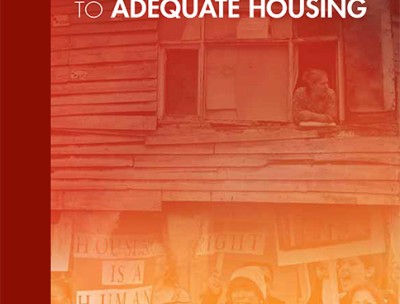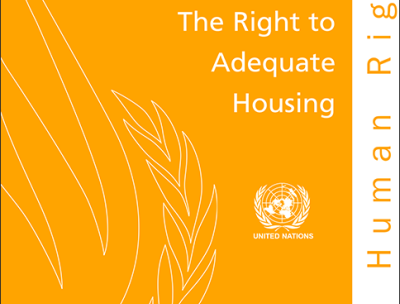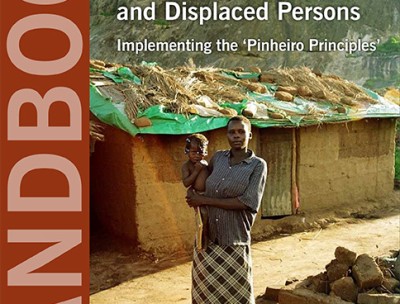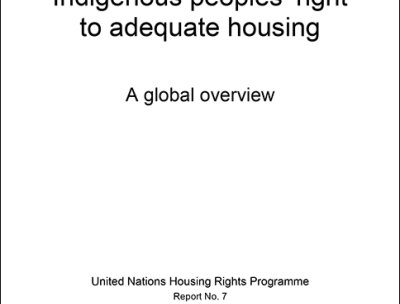OHCHR and the right to adequate housing
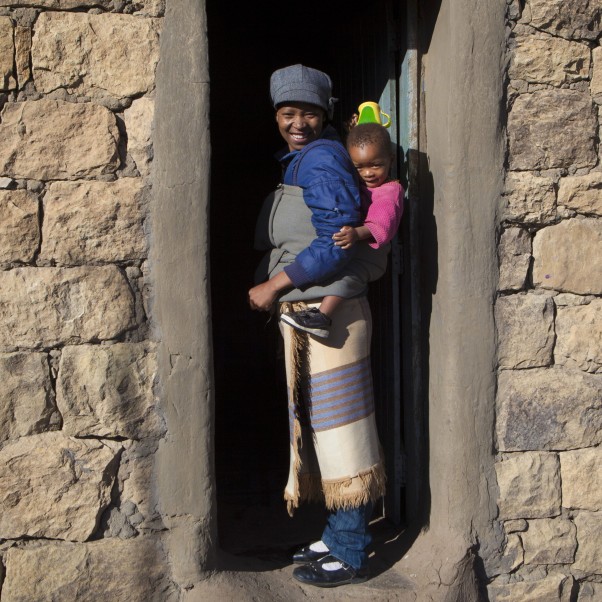
The right to adequate housing is a human right recognized in international human rights law as part of the right to an adequate standard of living. The UN Committee on Economic, Social and Cultural Rights has underlined that the right to adequate housing should be seen as the right to live somewhere in security, peace and dignity.
Despite the central place of this right within the global legal system, well over a billion people are not adequately housed. Millions around the world live in life- or health- threatening conditions, in overcrowded slums and informal settlements, or in other conditions which do not uphold their human rights and their dignity.
Key aspects of the right to adequate housing
The right to adequate housing contains the following key elements:
- Legal security of tenure: Regardless of the type of tenure, all persons should possess a degree of security of tenure which guarantees legal protection against forced eviction, harassment and other threats.
- Affordability: Personal or household financial costs associated with housing should not threaten or compromise the attainment and satisfaction of other basic needs (for example, food, education, access to health care).
- Habitability: Adequate housing should provide for elements such as adequate space, protection from cold, damp, heat, rain, wind or other threats to health, structural hazards, and disease vectors.
- Availability of services, materials, facilities and infrastructure: Housing is not adequate if its occupants do not have safe drinking water, adequate sanitation, energy for cooking, heating and lighting, sanitation and washing facilities, means of food storage, refuse disposal, etc.
- Accessibility: Housing is not adequate if the specific needs of disadvantaged and marginalized groups are not taken into account (such as the poor, people facing discrimination; persons with disabilities, victims of natural disasters).
- Location: Adequate housing must allow access to employment options, health-care services, schools, child-care centres and other social facilities and should not be built on polluted sites nor in immediate proximity to pollution sources.
- Cultural adequacy: Adequate housing should respect and take into account the expression of cultural identity and ways of life.
Our work on adequate housing
OHCHR provides guidance to UN agencies, States, authorities, intergovernmental agencies, NGOs and other stakeholders in respecting and ensuring respect for their obligations under international law, including human rights and humanitarian law, on the right to adequate housing. We clarify what the right to adequate housing means for specific individuals and groups, such as women, children, and indigenous peoples, and support States’ efforts in meeting related obligations. Further, we support the UN treaty bodies, UN Special Procedures, regional human rights mechanisms and other mechanisms working to promote and protect the right to adequate housing for all.
